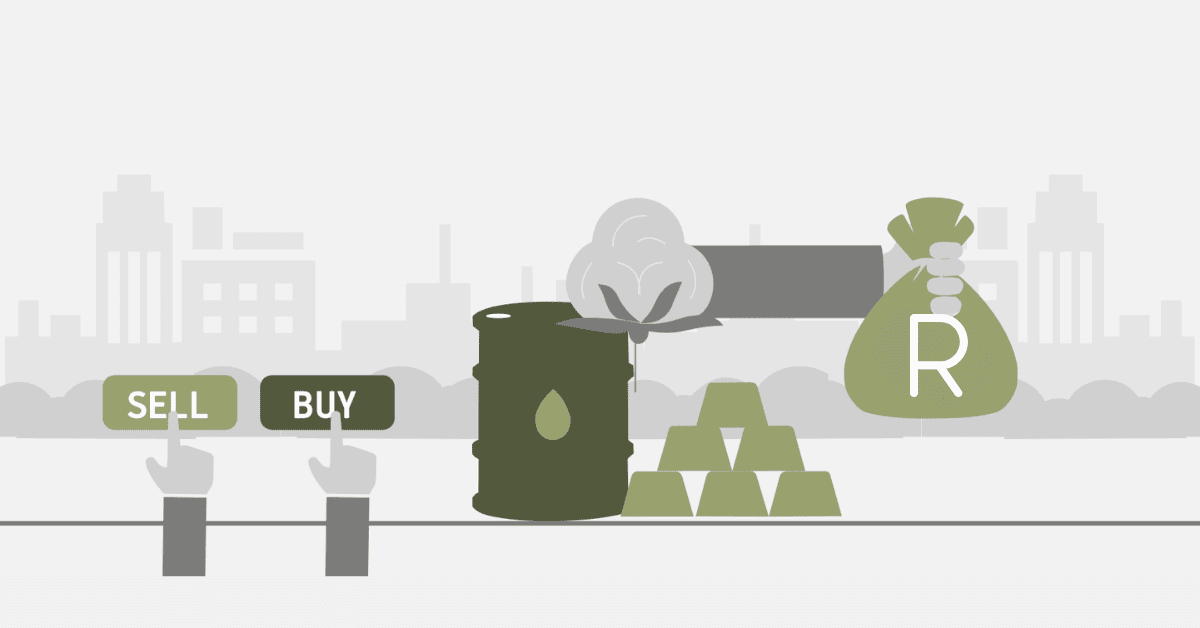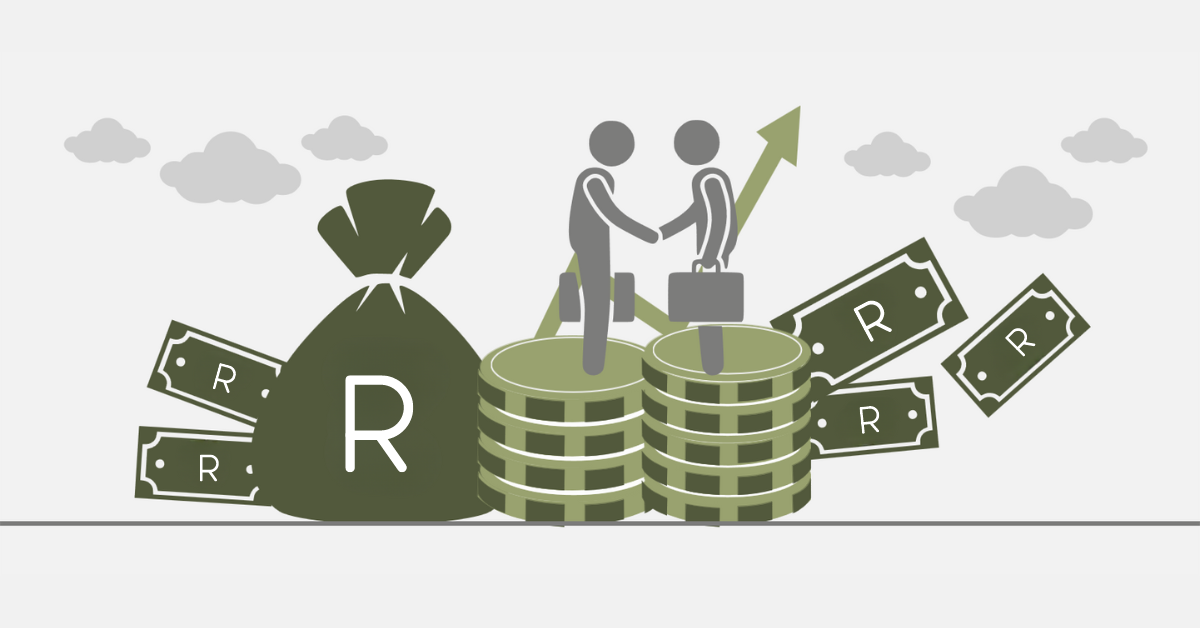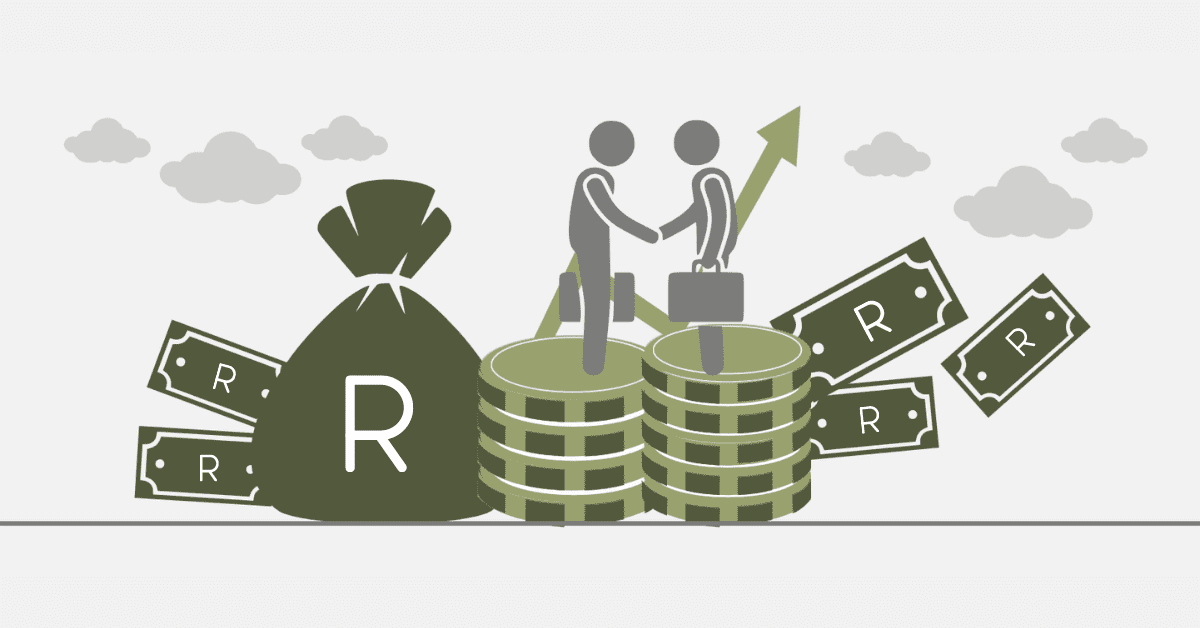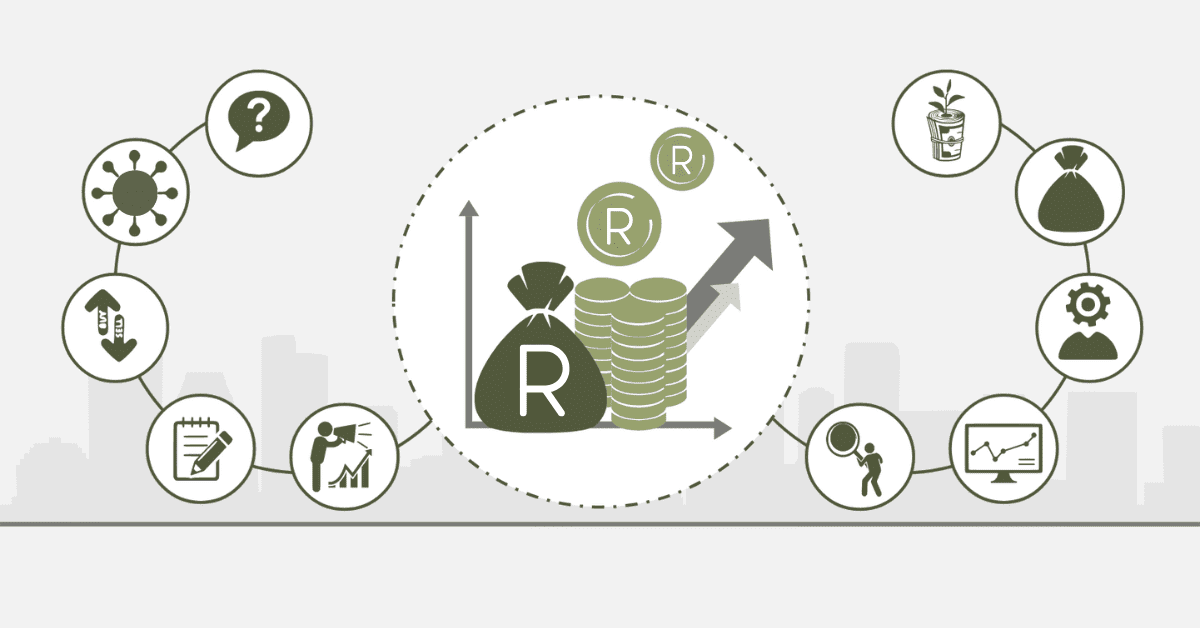REITs stand for Real Estate Investment Trusts, typically referred to as outstanding investment vehicles, which, over the years, have gained momentum in both physical and financial property markets. REITs allow a person to invest in significant income-producing commercial real estate portfolios like shopping centers, office buildings, and industrial properties. In South Africa, REITs are listed publicly on the Johannesburg Stock Exchange; hence, this avenue gives investors an opportunity to realize income from both rental yields and capital uplifts.
How To Invest In REITs In South Africa
An investment in REITs follows a relatively open policy and is thus quite accessible to most, even beginning investors. Opening a brokerage account is the first step in this respect, which one can easily avail of with the assistance of a traditional stock broker or even through an online trading platform. Some of the famous and highly used online platforms include EasyEquities, FNB Share Investing, and Standard Bank Online Share Trading, amongst others. These are some of the online platforms that have made it very easy to invest in the JSE-listed REITs.
You then deposit some cash in it and start looking for the REITs listed on the JSE; they usually carry a specific stock ticker symbol. You can buy shares in a REIT like you would any other stock. They sell their ownership in shares, which themselves rise and fall in price depending on the underlying market value of the properties in the portfolio and other general conditions in the market. You then can hold the REITs in your portfolio and enjoy dividend income generated from the rental income of the properties the REIT holds. Also, with time passing, the values of the REITs are likely to rise, and if you intend to do so, you can sell such shares for a pretty good profit after some time.
How Much Does One Need to Invest in REITs?
One of the major plus sides of investing in REITs is that they are affordable compared to buying the real estate itself. How much someone can invest in South African REITs depends on the specific REIT that one wants to invest in and the trading platform that one may use.
You can start investing in something like EasyEquities from as low as R 50 to R 100 because they allow fractional purchases of shares, opening up opportunities even for small-scale investors. If you invest via a regular broker, however, the minimum investment could be more significant, generally in the region of R500 to R1,000 or more, depending on the REIT and brokerage fees that may come in.
In addition to the amount required for an initial purchase, keep in mind that you’ll also have to pay the cost of a transaction, which includes brokerage costs, among other administrative expenses. Despite these fees, REITs remain among the most affordable means of entering into real estate
What Are The Best REITs In South Africa?
Several REITs have enjoyed stellar status in South Africa due to their sterling performance and diversified portfolio. A selection of the best amongst these top-performing REITs listed on the Johannesburg Stock Exchange includes:
- SA. Corporate Real Estate: This REIT targets everything from retail to industrial to residential properties throughout South Africa. It’s seen as an essentially conservative income source with some long-term growth potential.
- Vukile Property Fund: It is one of the most prominent participants in the retail property arena and has a portfolio largely dominated by shopping centers. It has paid consistent dividends to its investors and is considered well-operated.
- Emira Property Fund: It is a highly diversified portfolio comprising office, retail, and industrial properties. Resilient investment in high-quality assets underlined by consistent performance inspires confidence for any investor willing to attain stable returns.
- Hyprop Investments: Hyprop is one of the large REITs in South Africa, focused on a niche portfolio comprising high-quality retail properties in central urban nodes that have a good history of income returns to investors via rentals.
- Equites Property Fund: Equites holds the leading position among South African industrial REITs, with a focus on high-quality modern logistics and warehouse property. As a consequence of the fragile high demand for industrial real estate, Equites has been growing aggressively in recent years.
How Much Are REIT Fees?
Of course, there are associated fees with investing in REITs, which are considerably more affordable than trying to buy and manage physical real estate. The main expenses one accrues investing in REITs are brokerage fees charged at the time of buying or selling shares via trading platforms. These also change from broker to broker or platform to platform. For instance, one of the cheapest will be EasyEquities, charging a flat brokerage of about 0.25% of the transaction value.
In addition to brokerage, there could also be management fees for the REITs. These go toward addressing operation costs for managing the portfolio, including property maintenance, letting, and administration. These are usually inculcated into the performance of a REIT, and hence, investors do not have to bear these as extra costs. The management fees are between 0.5% to 1.5% of the total assets of a REIT. Although these might impact the overall return, REITs are still one of the low-priced investments in real estate when compared outright against an investment in real estate.














